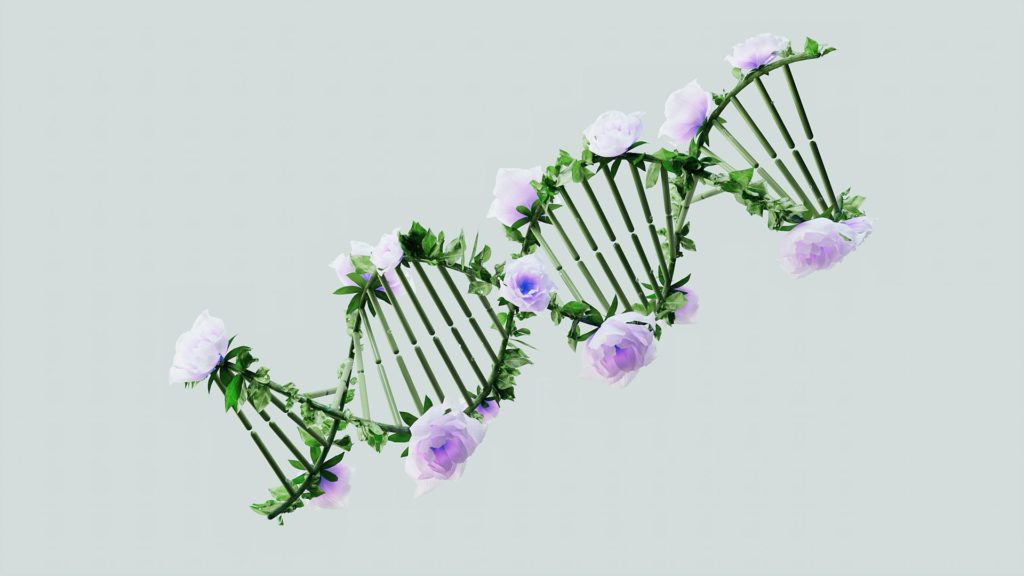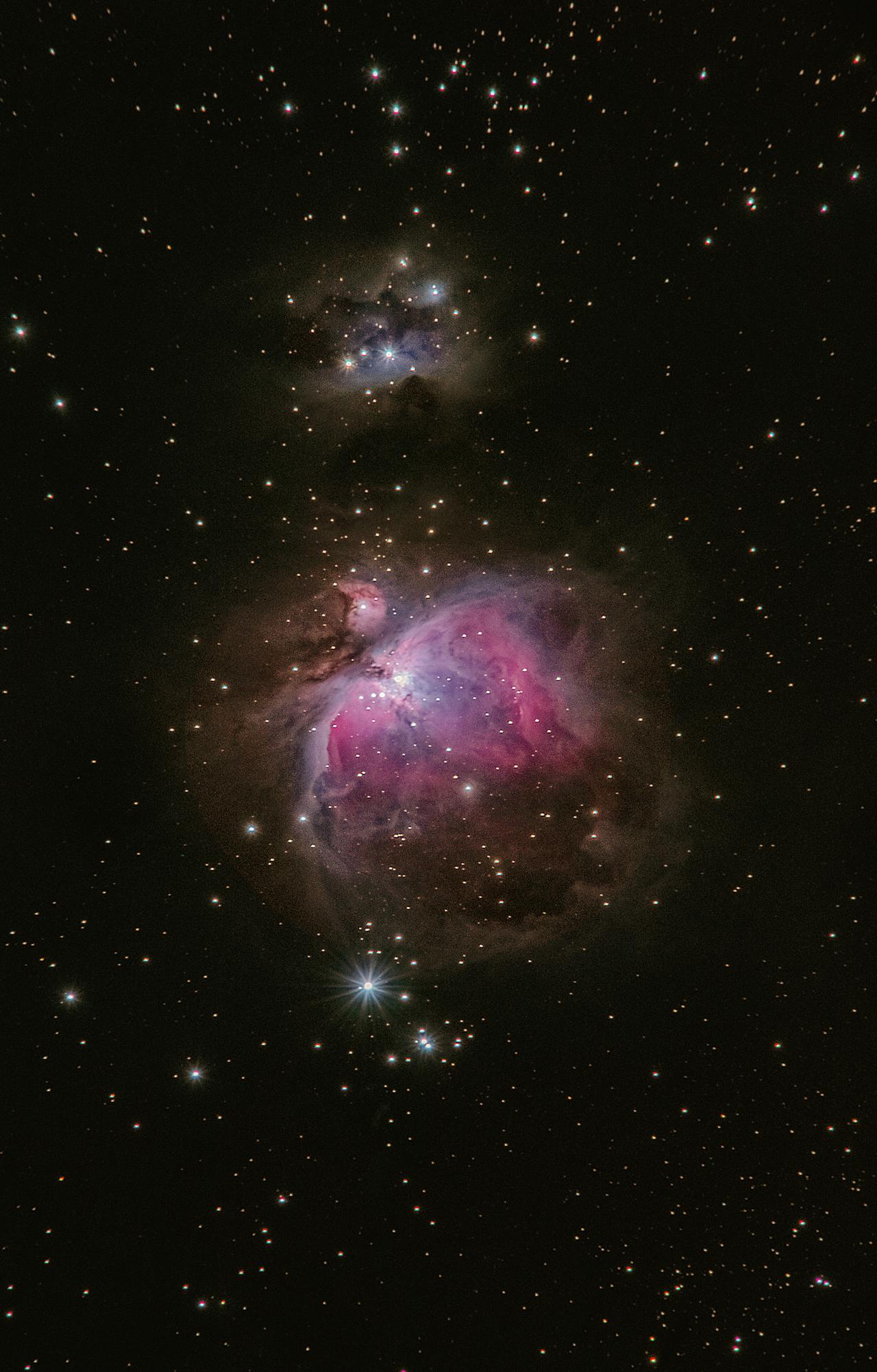Unveiling the Mystery of Life’s Blueprint
DNA is composed of a specific arrangement of four nucleotide bases (A, T, C, G), forming an information system that instructs cells on how to build and sustain life. This structure is not random; it functions like a written code or a highly advanced computer program. The existence of organized, meaningful information within DNA points to an intelligent source—just as any written text, no matter how complex, always originates from a mind.

This idea aligns with John 1:1-3, which declares:
“In the beginning was the Word, and the Word was with God, and the Word was God. Through Him all things were made; without Him nothing was made that has been made.”
The Significance of Information in DNA
The term “Word” (Logos) in Greek conveys divine reason, order, and intelligence—a fitting description of the encoded instructions found within DNA. If information, wherever it appears, requires an intelligent source, then DNA—the most sophisticated information system known to science—demands an explanation beyond mere chance.
Can Random Processes Explain DNA?
DNA is more than just a molecule; it is a blueprint of life, encoded with precise information that directs biological function. For believers, this intricate system serves as a profound testament to God’s design; for skeptics, it raises compelling questions about the origins of information and life itself. Science continues to uncover the astonishing complexity of DNA, and rather than diminishing the case for a Creator, these discoveries reinforce the idea of intelligent design at the core of existence.
Some argue that DNA arose through random mutations and natural selection, but this explanation fails to account for the origin of biological information itself. Renowned scientist Dr. Werner Gitt, an expert in information theory, argues that information is a non-material entity—one that cannot arise from matter alone. Every known source of structured information—whether in books, computer code, or spoken language—comes from an intelligent mind.
DNA’s level of coding sophistication exceeds human-made systems, leading many scientists, including Dr. Stephen Meyer, to conclude that life’s blueprint bears the signature of an intelligent designer. As Psalm 139:13-14 declares:
“For You created my inmost being; You knit me together in my mother’s womb. I praise You because I am fearfully and wonderfully made.”
The Bible describes life’s formation with intricate care, aligning with what science reveals about the precision and order within DNA.
DNA and the Fine-Tuning of Life
The probability of DNA assembling by chance is statistically impossible. Dr. Douglas Axe, a molecular biologist, calculated that the odds of forming a single functional protein randomly are 1 in 10^74—a number so vast that even the entire universe’s lifespan wouldn’t allow for such an occurrence.
Furthermore, DNA does not operate alone; it requires RNA, proteins, and a fully functioning cellular system to be useful. This creates a paradox:
- DNA is needed to create proteins,
- Proteins are needed to read DNA,
- Both are needed for life to exist.
This interdependence suggests that life was designed as a complete system from the start, rather than forming gradually through unguided evolutionary processes.
Faith and Science: A Harmonious Perspective
Far from being in conflict, science and faith complement one another. The complexity of DNA, cellular function, and biological information serves as evidence of divine craftsmanship, supporting the biblical declaration that God is the author of life. Scientific discovery does not threaten belief in a Creator—it strengthens it.
Romans 1:20 – “For since the creation of the world, God’s invisible qualities—His eternal power and divine nature—have been clearly seen, being understood from what has been made.”
DNA’s intricate coding system, its role in life’s fine-tuning, and its statistical impossibility under random processes all point to a logical conclusion: life was intentionally designed.
What This Means for Believers and Skeptics
For Christians, DNA reinforces the truth of God’s sovereignty in creation, affirming that life was not an accident, but a masterpiece of divine intelligence.
For skeptics, DNA presents a challenge—if structured, meaningful information always comes from an intelligent source, how can life’s blueprint be an exception? Rather than dismissing the question, DNA invites honest seekers to consider the possibility of a Creator.
Acts 17:27 – “God did this so that they would seek Him and perhaps reach out for Him and find Him, though He is not far from any one of us.”
The Divine Signature in Life’s Code
DNA is more than biological data; it is a testimony to the wisdom and purpose behind life itself. Whether one approaches it from a perspective of faith or scientific inquiry, its complexity defies chance and points to the mind of a Creator. For those willing to seek, DNA stands as yet another evidence that God has woven His design into creation, leaving traces of His intelligence in every cell of our being.







